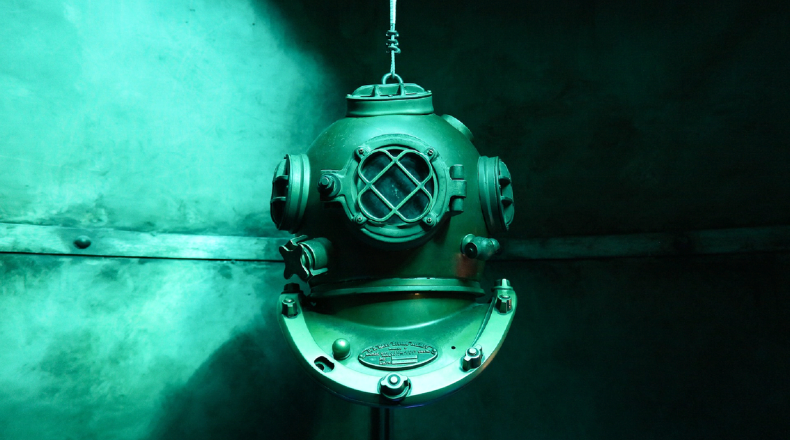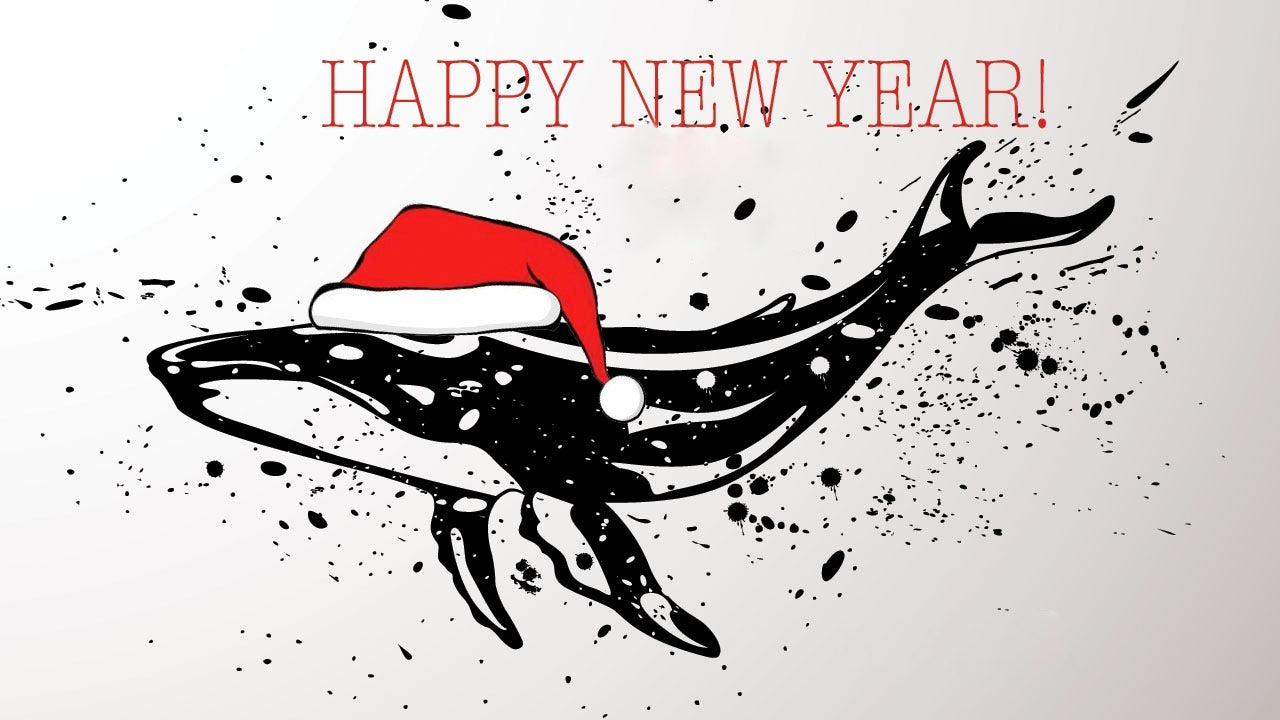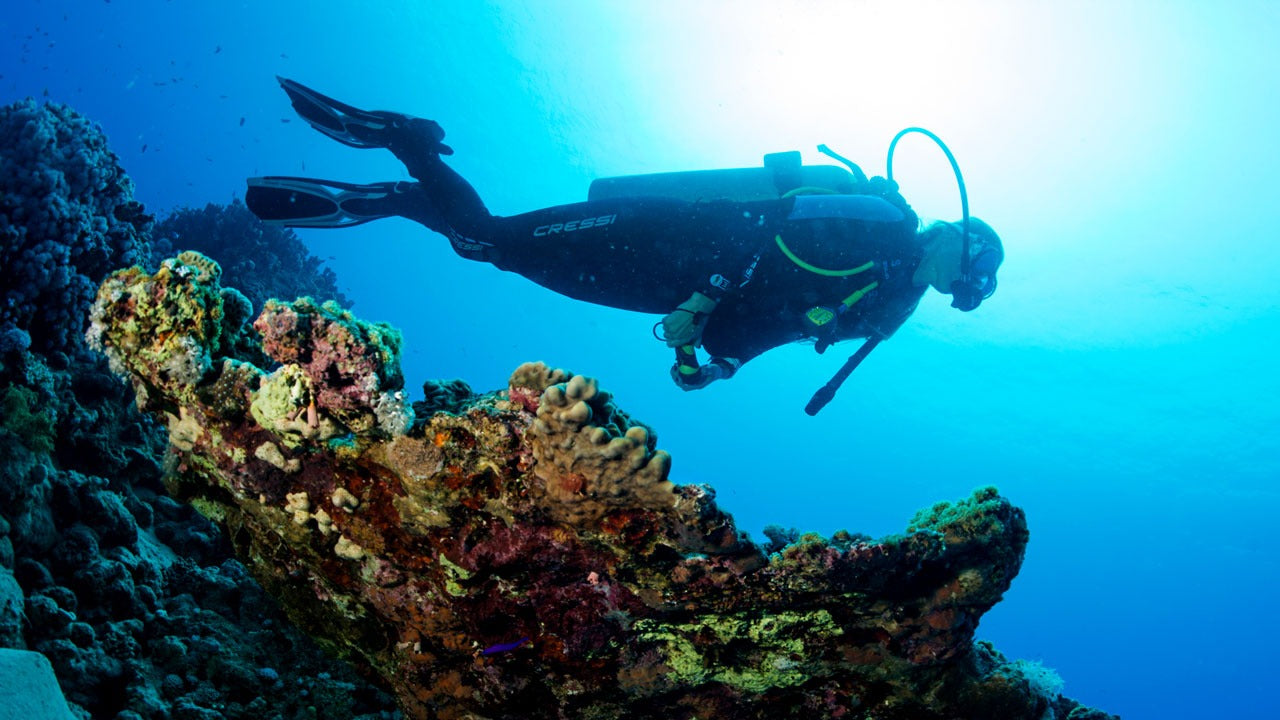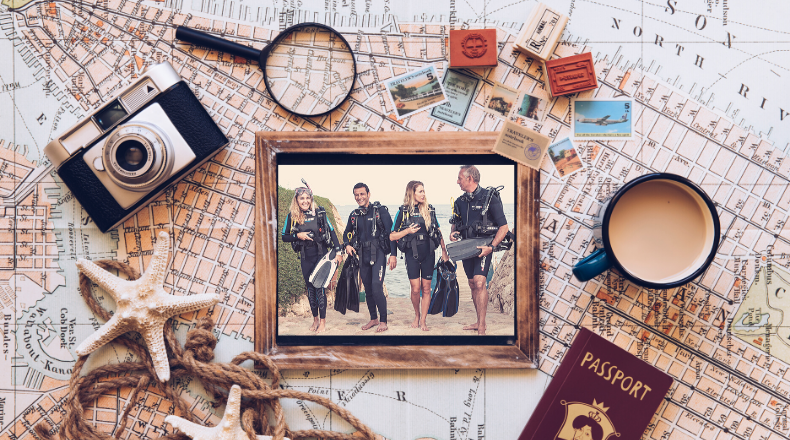What Is Citizen Science And How Can It Affect Ocean Health

Lately, the term citizen science has been something of a buzzword, however, the concept is really nothing new. Before science became a profession in the 1800s, amateur naturalists, who sought discovery in their leisure time, were collecting information in order to understand the world better. No wonder, that even after the science as we know it came to be, contributions from non-professionals continued. Yet, only recently has the profession of science reunited with leisure participation and the activity became popular.
So, nowadays citizen science is basically a form of public involvement in inquiry and discovery of new scientific knowledge. A citizen science project can involve one person or millions of people collaborating towards a common goal.
Volunteers often have varying levels of expertise, from kids in their backyards to members of high school science clubs or amateur astronomers with sophisticated home equipment. Modern advances in technology make citizen science more accessible today than ever before. The success of any citizen science project depends on the establishment of a well-devised monitoring program and the dedication of its volunteers.
According to the Citizen Science Association, there are four common features of citizen science practice:
- anyone can participate;
- participants use the same protocol so data can be combined and be high quality;
- data can help real scientists come to real conclusions;
- a wide community of scientists and volunteers work together and share data to which the public, as well as scientists, have access.
Many recent studies have shown that the data gathered by volunteers is as reliable as that from professionals. Furthermore, the number of research studies benefitting from citizen science is growing every year. Scientists create various citizen science programs to capture more or more widely spread data without spending additional funding. They often work with community groups that are already collecting such information to expand their studies and databases. So, if you want to participate in a citizen science project, the odds are there is already one that coincides with any hobby or interest you may have.
Examples of Ocean-Related Citizen Science Projects
As a diver, you can step in and contribute to marine conservation efforts by becoming a citizen scientist for the oceans. There are quite a few cases of successful ocean-related citizen science projects.
Volunteer divers have played an important role in collecting information about marine conservation zones. In Norfolk, they have discovered a submerged prehistoric forest. In the Isle of Man, divers were the first to discover a rich and diverse horse mussel reef just around the corner from the busy port of Douglas, and snorkelers found a lush eelgrass meadow close to the village of Port St Mary.
Volunteers have also made a vital contribution to the conservation of basking sharks. The work of a citizen science Basking Shark Project in the 1980s and 90s was instrumental in getting these sharks on the protected species list in the UK, while satellite tagging revealed the first recorded transatlantic crossing by a basking shark.
There are many more programs that will allow you to turn your dive vacation into something really meaningful. Below you will find a few projects that could use your help as a citizen scientist.
iNaturalist is a huge online platform that allows you to find a wide variety of citizen science projects. At its core iNaturalist is an online social network of people sharing biodiversity information. You can use the platform to record your own observations, get help with identifications, collaborate with others for a common purpose, or access the observational data collected by iNaturalist users.
Ocean Conservancy is an organization that deals specifically with marine conservation. There are a few active projects at the moment including Restoring The Gulf of Mexico, Smart Ocean Planning, Sustainable Fisheries and Trash Free Seas. You can participate by making a donation, signing a petition, writing a letter to your congressman, joining the annual coastal cleanups or submitting your own cleanup data through their Clean Swell app.
The Marine Research Centre of the Maldives is the research arm of the Ministry of Fisheries and Agriculture. The main goal of the MRC is to research the marine resources and provide scientific advice on marine resource management and on the state of the marine environment. As a citizen scientist, you can photograph turtles and submit images to the resource center to help them track sightings for better population management. You can also participate in collecting information on reef sharks, manta rays, and whale sharks.
iSeahorse is a project that aims to save seahorses. It offers a few ways for you to participate. You can record a seahorse sighting or take a quick photo and add your observations to the iSeahorse database. If you’ve honed your ID skills, you can even work to identify the pictures that other citizen scientists upload. You can also track seahorse population over time. Finally, you can contribute by recruiting other citizen scientists or becoming a seahorse advocate in your community.
Reef Check is a foundation that works to protect tropical coral reefs and California rocky reefs through education, research and conservation. Through this foundation, you can become certified as a Reef Check EcoDiver. You will learn how to identify all the main coral species while also learning the techniques to improve your buoyancy. Once you are certified, you will be able to collect valuable data to establish the status of coral reefs worldwide. The data is analyzed and used locally by marine park managers, nationally by fisheries and environment managers and internationally by organizations including United Nations agencies to help better track and care for coral reefs.
Capturing Our Coast is a British marine conservation organization with a network of regional hubs that run a variety of citizen science activities are experimental investigations that allow them to research things like breeding cycles of key species and wader bird use of coastal and intertidal environments. Trained volunteers can take part in monitoring invasive seaweeds, topshells, and barnacles.
These are just a few of the growing network of citizen-science programs across the world. Do you know of any other cool ocean-related citizen science projects? Have you ever participated in one? Share your experiences in the comments below.




